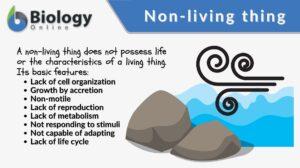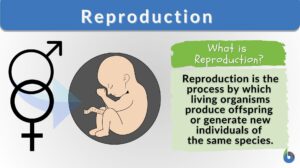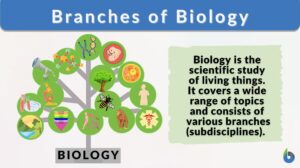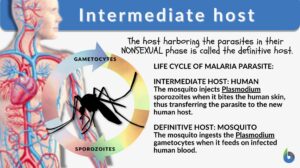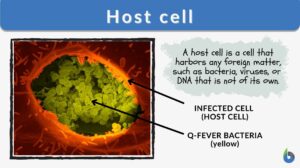Search Results for: life cycle
Indirect life cycle
Definition noun A type of parasitic life cycle wherein the parasite is transmitted indirectly from one host to the next,... Read More
Life cycle
Definition noun The whole life history of an organism, usually depicted through a series of developmental stages (e.g. from... Read More
Calvin cycle
Calvin Cycle Definition The Calvin cycle, also known as the Calvin Benson cycle or the dark reactions, is a series of... Read More
Sporophyte
Sporophyte Definition What is a sporophyte? Accordingly, the sporophyte is the plant generation that produces spores. To... Read More
Living things
Living Things Definition A living thing pertains to any organism or a life form that possesses or shows the characteristics... Read More
Direct life cycle
Direct life cycle (Science: epidemiology) a life cycle in which a parasite is transmitted directly from one host to the next... Read More
Definitive host
Different Biological Relationships The biological world is interconnected whether we notice it or not. All the life forms... Read More
Vascular plants
Definition of Vascular plants The term 'vascular' is derived from the Latin word vāsculum, vās, meaning "a container and... Read More
Obligate parasite
Parasitism is a form of symbiosis that occurs between a parasite and its host. The parasite is the organism that generally... Read More
Interphase
Interphase is the critical period in the eukaryotic cell cycle characterized by a sequence of events like the G1 phase where... Read More
Photosynthesis
Photosynthesis is a physio-chemical process carried out by photo-auto-lithotrophs by converting light energy into chemical... Read More
Non-living thing
Non-living Thing Definition A non-living thing in biology means any form without a life, such as an inanimate body or... Read More
Angiosperm
Angiosperms Definition What is an angiosperm? An angiosperm is a plant that produces flowers. The angiosperms, also... Read More
Reservoir host
Reservoir Host Definition A reservoir host is a host that harbors the pathogen and serves as a source of the infective... Read More
Infective stage
Definition noun (parasitology) The stage in the life cycle of an endoparasite wherein it can initiate infection to its... Read More
Plant Metabolism
Introduction Plants are responsible for incredible feats of molecular transformation. The processes are always being... Read More
Reproduction
Reproduction Definition Reproduction is a biological phenomenon of producing offspring/s. i.e. more of its kind. Depending... Read More
Cellular respiration
Cellular Respiration Definition What is cellular respiration in simple terms? Cellular respiration can be defined simply as... Read More
Catabolism
Catabolism Definition Catabolism is the branch of the metabolic process that breaks down complex, big molecules into... Read More
Branches of biology
What is a Branch of Biology? A branch of biology is a specialized field or a sub-discipline in a much broader field of... Read More
Bradyzoite
Definition noun, plural: bradyzoites A slowly multiplying cell form in the life cycle of certain Apicomplexans, such as... Read More
Meiosis and Alternation of Generations
Review of Mitosis: Cell Cycle The cell cycle contains the process in which cells are either dividing or in between... Read More
Intermediate host
Intermediate Host Definition When looking at the relationships amongst different biological members of our biosphere, we... Read More


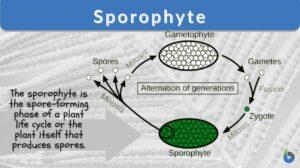

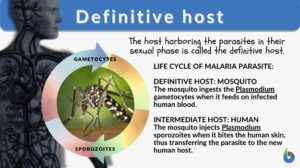


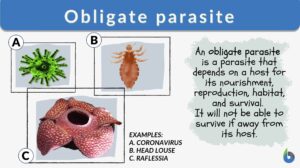
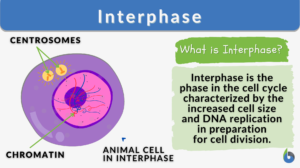



![Biology n., [baɪˈɑlədʒi] Definition: scientific study of life](https://www.biologyonline.com/wp-content/uploads/2021/12/biology-definition-and-branches-of-biology-300x168.jpg)
